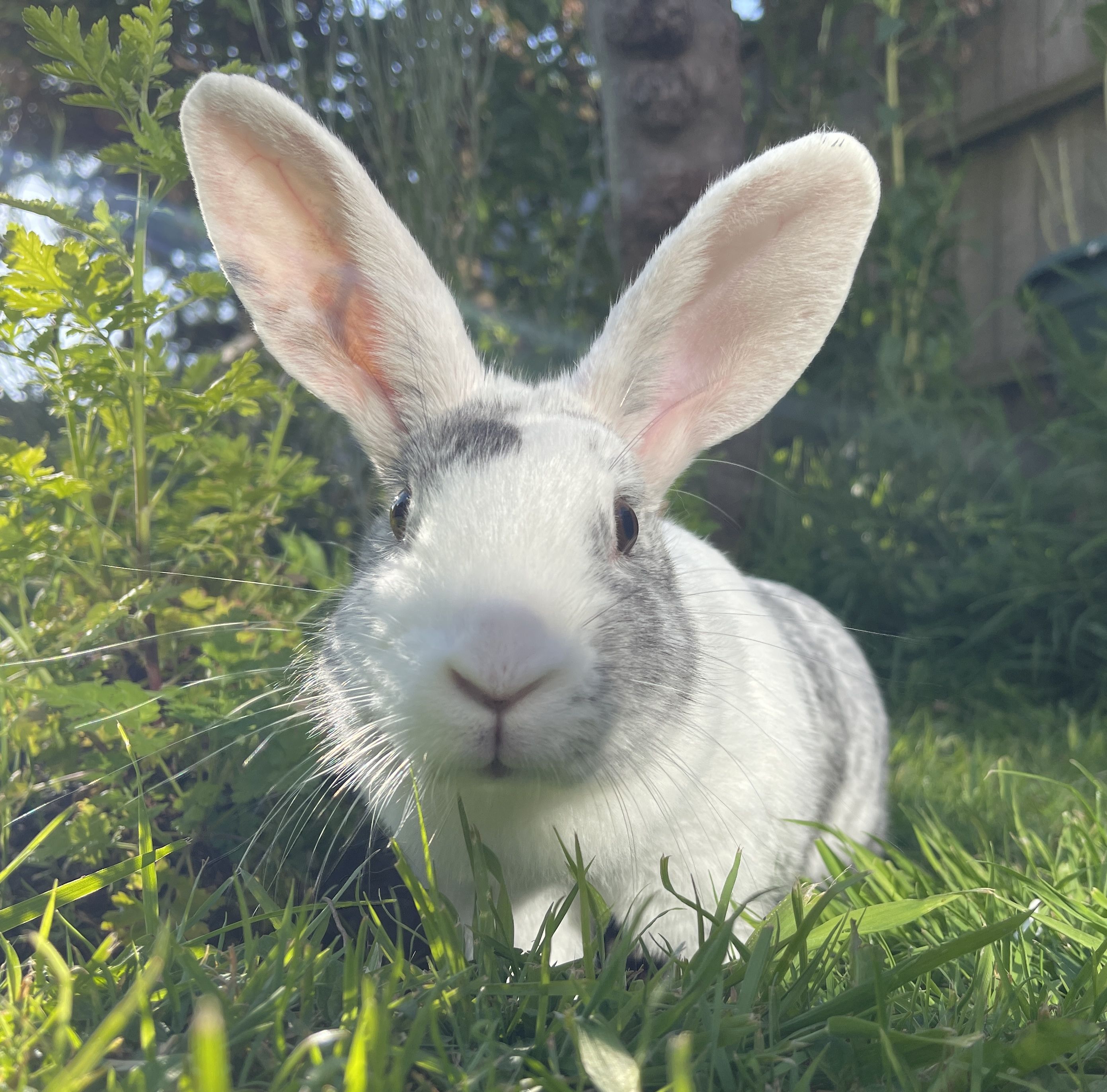
Life and Politics: "What's in it for me-ism?"
“What is in it for me-ism?”
It resides in many places, doesn’t it? It presents itself in the form of many spoken and unspoken questions, from “How will that affect me?”, to “What will I get out of it?”, to “Will I be more financially stable if this happens?”, to “Will the things I think are important be prioritised?”, to “Will I be better off (and I mean in whatever way: financially, in terms of health, the services I will have access to, the environment I live in…and this list could go on for quite some time, I feel…)”?
It exists around products and personalities, ranging from: “Will this make me look more attractive to other people?”, to “Will linking with this person/product give me more credibility in the eyes of those I want to notice me/those I want to fit in with?”, to “Will I be more popular if I link with this person/product?”, to “Will my voice or opinion be heard if I use this or am associated with this person/organisation?”, to “If I am present, active and popular on this social media site, will I be noticed and recognised more?” etc, etc, etc.
Doesn’t it seem to be a main driver for most of what we live and breathe in our current time? It’s within our economy, our politics, our day to day living, our local communities, our friendship groups and the organisations we link with, to name but a few.
Maybe it is rooted in the sounds of the internal screaming of many (whether they’re aware it is happening in them or not) of “Can you see me?” and “Do I matter?”. Maybe.
We attack the policies and practises of leaders or higher profile people in whatever field they work, judging them and berating them often based on our fundamental human driver of “What is in it for me?”, don’t we? If what they propose has no benefit to ‘me’ then why would we back it or promote it?
If I am right (and, of course, other viewpoints are available), is this not the most significant cause of the failures within our communities and country? I wonder if an avoidance of our own responsibilities and our heavy focus of “What is in it for me?” has more power than many (including me) give it. I wonder if our pointless finger pointing at whoever because “it is their fault” (in whatever context or situation) is simply a distraction from the error in the sometimes exclusive viewpoint of “What is in it for me?”.
I have more questions. Is it reasonable to seek out scapegoats who have made themselves available to try to lead us in some way or other (admittedly with varying reasons as to why they have done so)? Is it sensible to always see the ‘blame’ as sitting ‘over there’ (and so nothing to do with us) or with an individual or an organisation without any reference of personal responsibility? Do we not all have full responsibility over how we (as individuals) engage with anything? Are we not accountable (morally, if in no other way) with what we engage with and why we engage with whatever it is?
It also seems that often one is expected to have strong views about many different political and social issues, while we individually flounder in our own lives. We might not be managing to maintain positive relationships (within families and outside of them), and yet we feel justified in berating the efforts of those whose job it is to build positive relationships between countries, cultures and people groups.
We criticise leaders who are responsible for how to manage the finances of our country while we (at different times in our lives) might not be managing our own personal finances very well (for whatever reasons and there isn’t judgement on that. It is simply an observation that the difficulties within managing the finances of a country is far more complex than the managing the finances of an individual or a family, surely). We have views about what must happen within our National Health Service while we ourselves make individual choices to often not do what we can to help ourselves to be as healthy as we can be, whatever medical complexities we might be experiencing.
I realise that I am one tiny and largely insignificant voice within millions of voices who are louder, more knowledgeable, more highly qualified (through education or experience) and of greater importance in the eyes of most…I totally understand that. My point is simply to raise the question of what our families, friendship groups, workplaces, communities, and country (we could go bigger, but for now, I choose not to) would look like if we were less driven by “What is in it for me-isms?”.
Maybe we will one day find out. Maybe there is a move in some individuals towards that. Maybe over time the emphasis will be less ‘me’ and more ‘us’. Maybe.